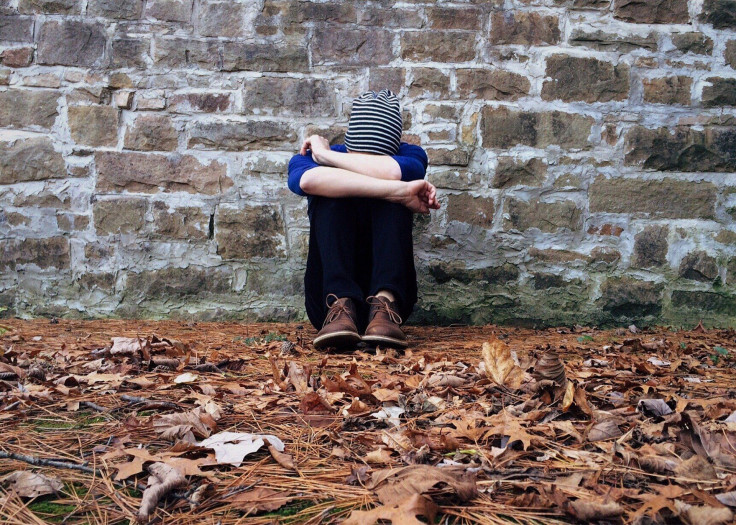'Negative Cycle': How Loneliness And Unemployment Are Related
KEY POINTS
- Researchers sought to understand effect of loneliness on unemployment
- Results suggest that loneliness increased probability of unemployment later
- "Loneliness is an incredibly important societal problem": Study author
Loneliness can lead to higher risks of future unemployment among working-age people, a new study has found.
The reverse impact is also true, suggesting a "negative cycle" in a bidirectional relationship between loneliness and unemployment.
Both loneliness and unemployment are "detrimental to health and well-being," the authors of a new study, published Thursday in BMC Public Health, noted.
Loneliness can actually impact "anyone, at any age, and in any circumstance," the researchers said, adding, someone can be lonely even without social isolation. It's even likely that the COVID-19 pandemic has even "exacerbated" this increasingly growing issue.
Previous research found that being unemployed can cause loneliness, the University of Exeter noted in a news release. However, most of the available research has focused on the outcomes of unemployment, the researchers noted.
In the new paper, the researchers instead had a closer look at the opposite effect by looking at impact of loneliness on unemployment in the working-age population. To do this, they looked at pre-pandemic data from over 15,000 people from the periods of 2017-2019 and 2018-2020.
They found that those who reported "feeling lonely often" were actually more likely to experience unemployment later on. They also found evidence for the reverse effect, confirming previous findings that those who are unemployed were also more likely to experience loneliness later, the university noted.
Simply put, they found that loneliness can lead to unemployment later on and unemployment can also lead to future loneliness.
According to the researchers, this is the first study to directly consider the "potentially bidirectional relationship" between loneliness and unemployment.
"Loneliness is an incredibly important societal problem, which is often thought about in terms of the impact on mental health and wellbeing only," study senior author, Professor Antonieta Medina-Lara of the University of Exeter, said in the university news release. "Our findings indicate that there may also be wider implications, which could have negative impacts for individuals and the economy."
"Our findings show that these two issues can interact and create a self-fulfilling, negative cycle," study co-author, Dr. Ruben Mujica-Mota of the University of Leeds, added.
According to the researchers, this shows the need to place more importance on the impact of loneliness. Since the data was mainly pre-pandemic, it's possible that the issue is even more "pressing" given how the pandemic led more people to work from home and experience isolation, study lead author, Nia Morrish of the University of Exeter, noted in the news release.
"Given the persisting and potentially scarring effects of both loneliness and unemployment on health and the economy, prevention of both experiences is key," the researchers wrote. "Decreased loneliness could mitigate unemployment, and employment abate loneliness, which may in turn relate positively to other factors including health and quality of life."

© Copyright IBTimes 2025. All rights reserved.






















